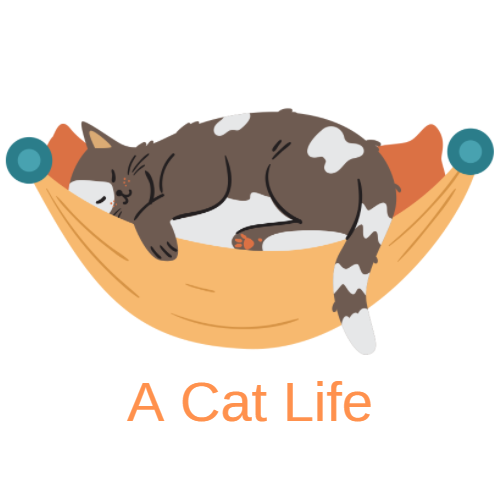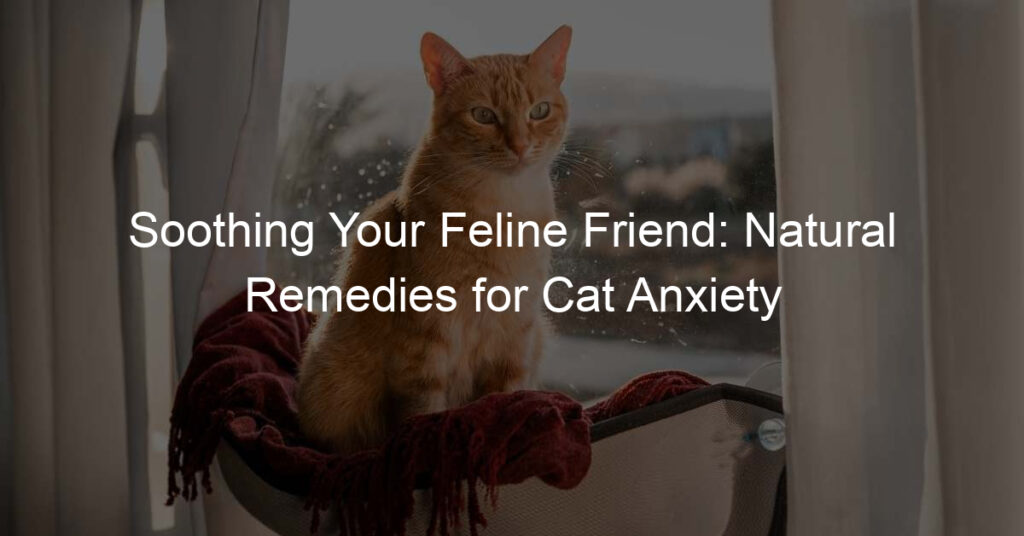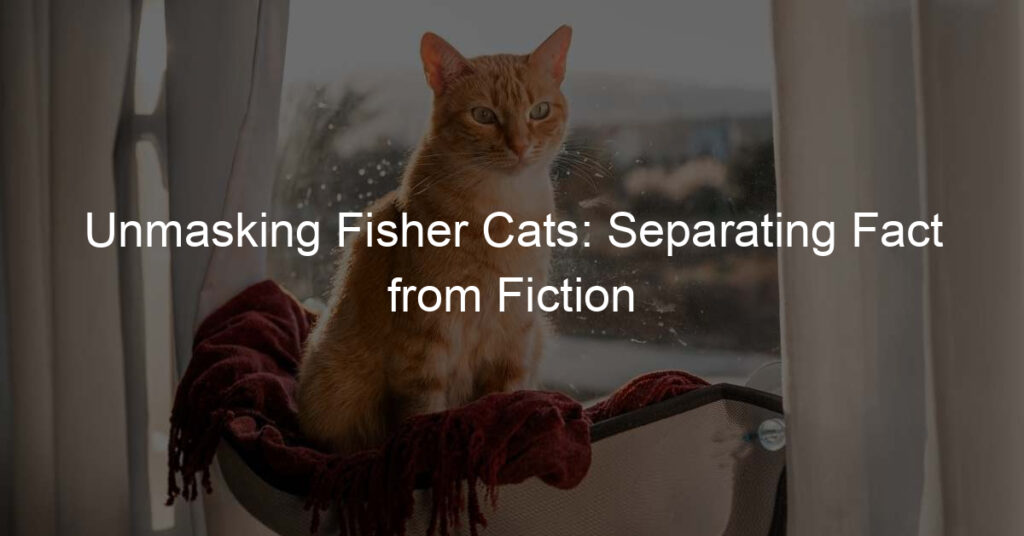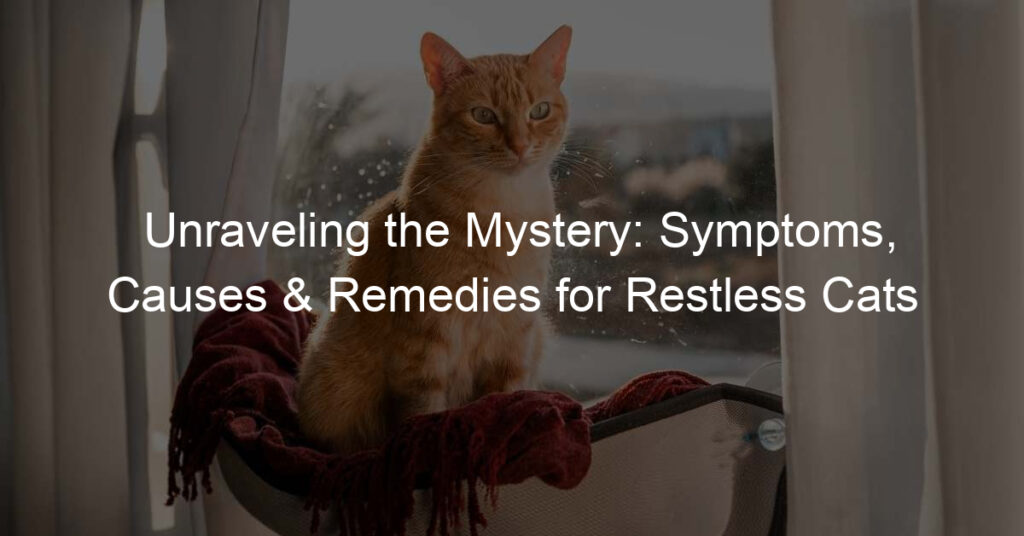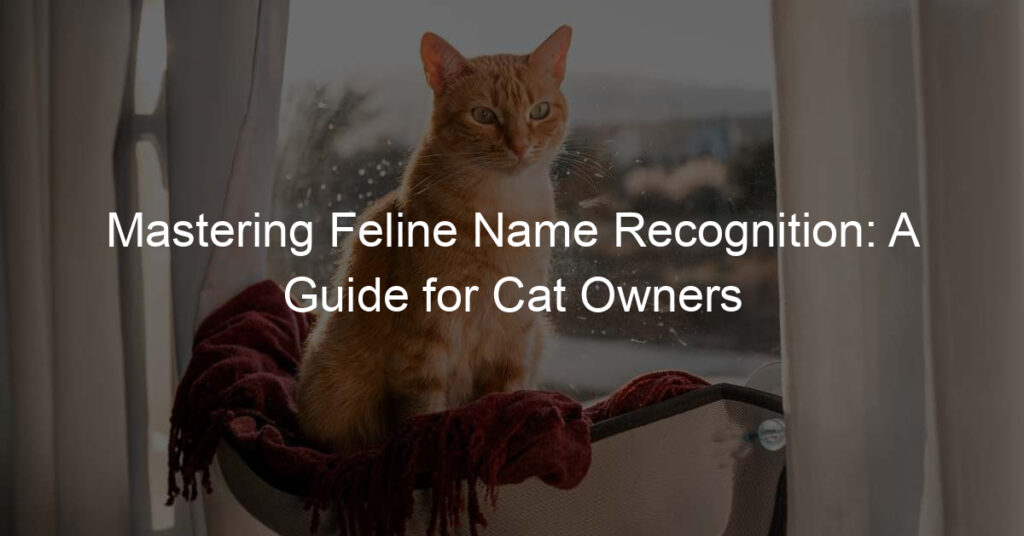Introduction to Cat Anxiety
Just like humans, our feline friends can also experience feelings of anxiety. Understanding cat anxiety and recognizing its signs are crucial steps in helping your pet lead a happier and healthier life. In this section, we will delve into what cat anxiety is and how it manifests in your pet’s behavior.
- Understanding Cat Anxiety
- Common Signs of Anxiety in Cats
Cat anxiety is a broad term referring to a variety of fear and stress responses that cats can have in reaction to different situations. It can be caused by several factors, such as changes in their environment, separation from their owners, or traumatic experiences. Anxiety in cats can affect their physical health and overall well-being, making it an issue that should not be taken lightly.
Identifying anxiety in cats can be challenging as they tend to hide their feelings well. However, there are some signs that you can look out for. These include changes in eating habits, excessive grooming, hiding, aggression, and unusual vocalization. If your cat is showing any of these signs, it might be suffering from anxiety.
Understanding and recognizing cat anxiety is the first step towards helping your pet. In the following sections, we will explore various natural remedies and techniques that can help alleviate cat anxiety. Remember, every cat is unique, and what works for one might not work for another. It’s always best to consult with a veterinarian before trying any new treatment.
Natural Cat Anxiety Remedies
When your feline friend is feeling anxious, it can be a distressing time for both you and your pet. Fortunately, there are natural remedies available that can help soothe your cat’s anxiety without resorting to harsh medications. Let’s explore the benefits of these natural remedies and provide an overview of some of the most effective treatments.
- Benefits of Natural Remedies
- Overview of Natural Treatments for Anxious Cats
- Flower Essences: These are natural infusions made from the flowering part of plants. They can help balance your cat’s emotions and reduce anxiety.
- Herbal Remedies: Certain herbs, such as chamomile and valerian, have calming effects and can be used to soothe anxious cats.
- Homeopathic Remedies: These treatments use small doses of natural substances to help relieve anxiety symptoms.
- Physical Therapies: Techniques such as massage and acupuncture can also help reduce anxiety in cats.
Natural remedies for cat anxiety offer a range of benefits. They are often gentler on your cat’s system compared to pharmaceutical treatments, reducing the risk of side effects. Natural remedies can also be easier to administer, as they often come in forms that cats find palatable, such as treats or drops that can be added to their food.
Moreover, natural remedies can often be used alongside other treatments, providing a holistic approach to managing your cat’s anxiety. This can lead to more effective and longer-lasting relief for your pet.
There are several natural treatments available that can help manage cat anxiety. These include:
It’s important to remember that every cat is unique, and what works for one may not work for another. Always consult with a veterinarian before starting any new treatment for your cat’s anxiety.
Calming Anxious Cats Naturally
Understanding how to calm an anxious cat naturally is essential for any cat owner. By using behavioral techniques, you can help your feline friend feel more secure and relaxed. Let’s explore some of these techniques.
Behavioral Techniques
Behavioral techniques are an effective way to help your cat manage their anxiety. These methods focus on modifying your cat’s environment and behavior to reduce stress. Here are two key techniques:
- Creating a Safe Environment
- Interactive Play and Exercise
Creating a safe and comfortable environment for your cat is the first step towards reducing their anxiety. This includes providing them with a quiet, cozy space where they can retreat when they feel stressed. This could be a specific room, a corner of the house, or even a cat tree. Make sure this area is free from loud noises and other pets. A safe environment can help your cat feel more secure and less anxious.
Engaging your cat in interactive play and regular exercise can also help alleviate anxiety. Playtime not only keeps your cat physically active but also provides mental stimulation. Try using toys that mimic prey, like feather wands or laser pointers. Regular exercise can help reduce your cat’s stress levels and promote a sense of calm.
Remember, every cat is unique and what works for one might not work for another. It’s important to observe your cat and understand their specific needs and preferences. With patience and consistency, these behavioral techniques can greatly help in calming your anxious cat naturally.
Natural Supplements
When it comes to calming anxious cats naturally, there are a variety of natural supplements that can be beneficial. Two of the most popular are chamomile and valerian root. Let’s delve into these two options.
-
Use of Chamomile
Chamomile is a herb that is often used in teas and is known for its calming effects. It’s not just beneficial for humans, but also for our feline friends. Chamomile can help to soothe your cat’s nerves and promote a sense of relaxation.
It’s important to note that chamomile should be used in moderation. Too much can lead to an upset stomach. Always consult with your vet before introducing any new supplement to your cat’s diet.
Benefits of Chamomile for Cats Calms nerves Promotes relaxation -
Valerian Root for Cat Anxiety Relief
Valerian root is another natural supplement that can be used to help calm an anxious cat. This herb is often used in humans to promote sleep and reduce anxiety, and it can have similar effects in cats.
Like chamomile, valerian root should be used in moderation and under the guidance of a vet. It’s also worth noting that some cats may have the opposite reaction and become more energetic after consuming valerian root.
Benefits of Valerian Root for Cats Reduces anxiety Promotes sleep
In conclusion, natural supplements like chamomile and valerian root can be a great addition to your cat’s routine to help alleviate anxiety. However, it’s crucial to consult with a vet before introducing any new supplements to ensure they are safe and suitable for your cat.
Herbal Remedies for Cat Anxiety
When your feline friend is feeling anxious, it can be a stressful time for both of you. Fortunately, there are natural ways to help soothe your cat’s anxiety. One such method is through the use of herbal remedies. These are natural substances derived from plants that can have calming effects on your cat.
- Introduction to Herbal Remedies
- How to Use Herbal Remedies Safely
Herbal remedies have been used for centuries to treat a variety of ailments in both humans and animals. They are made from plants and herbs that have medicinal properties. When it comes to cat anxiety, certain herbs are known to have calming effects. These include chamomile, valerian, and catnip. These herbs can be used in various forms such as teas, tinctures, or even in toys and bedding.
While herbal remedies can be a great way to help soothe your cat’s anxiety, it’s important to use them safely. Always consult with your vet before starting any new treatment. They can provide guidance on the correct dosage and any potential side effects. Remember, what works for one cat may not work for another. It’s also crucial to monitor your cat’s reaction to the herbs. If you notice any negative reactions, stop using the remedy immediately and consult your vet.
Herbal remedies can be a natural and effective way to help manage your cat’s anxiety. However, they should be used as part of a holistic approach that includes behavioral changes and, if necessary, professional help. Always remember that the wellbeing of your cat is paramount, and any treatment should be in their best interest.
Home Remedies for Cat Anxiety
When it comes to managing cat anxiety, there are several home remedies that can be highly effective. One such method is through massage techniques. Let’s explore this further.
Massage Techniques
Massaging your cat can be a great way to help them relax and reduce their anxiety. It’s a natural method that doesn’t involve any medication or special equipment. All you need are your hands and a calm, patient approach.
- Benefits of Massage
- Reduce anxiety and stress
- Improve circulation
- Strengthen the bond between you and your cat
- Promote overall well-being
- How to Massage Your Cat
- Start by petting your cat gently to help them relax.
- Use your fingers to gently massage their neck and back, using slow, circular motions.
- Pay attention to their reactions. If they seem uncomfortable, stop immediately.
- Remember to be patient and gentle. It may take some time for your cat to get used to being massaged.
Massaging your cat has numerous benefits. It can help to:
These benefits make massage a great tool for managing cat anxiety at home.
Massaging your cat is a simple process, but it’s important to do it correctly to avoid causing any discomfort. Here are some steps to follow:
With regular practice, massage can become a calming routine for both you and your cat.
In conclusion, massage is a simple and natural home remedy for cat anxiety. It’s beneficial for your cat’s health and can help to strengthen your bond with them. So, why not give it a try?
Use of Essential Oils
Essential oils are a natural home remedy that can help soothe your cat’s anxiety. However, it’s crucial to choose the right oils and use them safely. Let’s explore these two aspects.
- Choosing the Right Oils
Not all essential oils are safe for cats. Some oils, like lavender and chamomile, are known to have calming effects on cats. However, oils like tea tree, peppermint, and citrus oils can be harmful to cats. Always research and consult with a vet before introducing a new essential oil to your cat’s environment.
| Safe Essential Oils | Unsafe Essential Oils |
|---|---|
| Lavender | Tea Tree |
| Chamomile | Peppermint |
- Safe Use of Essential Oils
When using essential oils, it’s important to remember that less is more. Cats have a strong sense of smell, so a little goes a long way. Never apply essential oils directly to your cat’s skin or fur. Instead, use a diffuser to disperse the oil in the air. Always provide an escape route so your cat can leave the area if the scent becomes too strong. Monitor your cat for any signs of discomfort or adverse reactions.
Remember, while essential oils can be a helpful tool in managing cat anxiety, they should not replace veterinary care. Always consult with a vet if your cat’s anxiety persists or worsens.
Natural Ways to Soothe Cat Anxiety
When it comes to soothing cat anxiety, there are many natural methods you can use. Two of the most effective ways are maintaining a consistent routine and using comforting items. Let’s explore these methods in more detail.
-
Importance of Routine
Just like humans, cats thrive on routine. They like to know when they’re going to be fed, when it’s time to play, and when it’s time to rest. A consistent routine can provide a sense of security and reduce anxiety.
According to a study conducted by the American Veterinary Medical Association, cats that have a consistent daily routine show fewer signs of anxiety and stress. So, try to feed your cat, play with them, and put them to bed at the same times every day. This predictability can help soothe their anxiety.
-
Use of Comforting Items
Another effective way to soothe cat anxiety is through the use of comforting items. These can include things like soft blankets, cozy beds, and familiar toys. These items can provide a sense of security and familiarity, which can help reduce anxiety.
For example, a study published in the Journal of Feline Medicine and Surgery found that cats who had access to their favorite toys and blankets showed significantly lower levels of stress and anxiety. So, try to provide your cat with comforting items that they love and are familiar with.
In conclusion, maintaining a consistent routine and providing comforting items are two natural ways to soothe cat anxiety. By implementing these methods, you can help your furry friend feel more secure and less anxious.
Natural Remedies for Pet Anxiety: Not Just for Cats
While cats often get the spotlight when it comes to anxiety, it’s important to remember that they’re not the only pets who can suffer from this condition. Dogs, birds, and even rabbits can also experience anxiety. In this section, we will explore how the natural remedies we’ve discussed for cats can also be applied to other pets.
- Applying Cat Anxiety Solutions to Other Pets
- Case Study: Dog Anxiety
Many of the natural remedies used for cat anxiety can also be used for other pets. For example, creating a calm and quiet environment, providing plenty of exercise and stimulation, and using certain herbal remedies can all be beneficial.
It’s important to remember that each pet is unique, and what works for one may not work for another. Always consult with a vet before starting any new treatment plan.
Let’s take a look at a case study involving a dog named Max. Max was a rescue dog who had been through a lot in his short life. His anxiety was severe, and it was affecting his quality of life.
Max’s owners decided to try some of the natural remedies we’ve discussed. They started by creating a calm environment for Max, with plenty of quiet spaces for him to retreat to. They also began a regular exercise routine, which helped to burn off some of Max’s excess energy and reduce his anxiety.
Finally, they consulted with a vet and began using a herbal remedy designed for dogs. After a few weeks, they noticed a significant decrease in Max’s anxiety levels. This case study demonstrates that the natural remedies used for cat anxiety can also be effective for dogs.
In conclusion, while cat anxiety is a serious issue, it’s important to remember that other pets can also suffer from anxiety. The natural remedies we’ve discussed can be applied to a variety of pets, with positive results. Always consult with a vet before starting any new treatment plan.
Holistic Remedies for Cat Anxiety
When it comes to managing cat anxiety, holistic remedies can be a viable option. These remedies focus on treating the whole cat, not just the symptoms of anxiety. They aim to bring balance and wellness to your feline friend’s life.
- Understanding Holistic Remedies
- Benefits and Drawbacks of Holistic Remedies
Holistic remedies are treatments that consider the cat’s overall health and wellbeing. They are not just about treating the symptoms but also addressing the root cause of the anxiety. This approach often involves natural remedies, lifestyle changes, and sometimes, complementary therapies.
For example, a holistic approach to cat anxiety might include a combination of dietary changes, regular exercise, calming music, and natural supplements. It’s all about creating a balanced and stress-free environment for your cat.
There are several benefits to using holistic remedies for cat anxiety. First, they are generally safer and have fewer side effects than conventional medications. They can also be more cost-effective in the long run, as they aim to prevent health issues rather than just treating them.
However, it’s important to note that holistic remedies may not work for every cat. Some cats may respond better to traditional medications or therapies. Additionally, it can take time to see results with holistic remedies, and they require a commitment to a lifestyle change.
In conclusion, holistic remedies can be an effective way to manage cat anxiety. However, it’s important to consult with a veterinarian or a pet health expert before starting any new treatment plan. Remember, every cat is unique and what works for one might not work for another.
Conclusion: Choosing the Best Natural Remedy for Your Cat
After exploring a variety of natural remedies for cat anxiety, it’s clear that there’s no one-size-fits-all solution. The best remedy for your feline friend will depend on their unique needs and circumstances. Let’s summarize the key takeaways and share some final thoughts on this topic.
- Key Takeaways
- Cat anxiety is a common issue that can be addressed with natural remedies.
- Herbal remedies, such as chamomile and valerian, can help calm an anxious cat.
- Home remedies, like creating a safe space and using calming music, can also be effective.
- It’s important to consult with a vet before introducing any new remedies to ensure they are safe for your cat.
- Final Thoughts on Natural Remedies for Cat Anxiety
Here are the main points we’ve covered in this article:
While natural remedies can be a great way to help manage your cat’s anxiety, it’s crucial to remember that they are not a substitute for professional veterinary care. If your cat’s anxiety symptoms persist or worsen, it’s important to seek advice from a vet. Natural remedies can complement traditional treatments, providing a holistic approach to your cat’s wellbeing.
In conclusion, choosing the best natural remedy for your cat involves understanding their unique needs, researching various options, and consulting with a vet. With patience and care, you can help your feline friend lead a happier, less anxious life.
